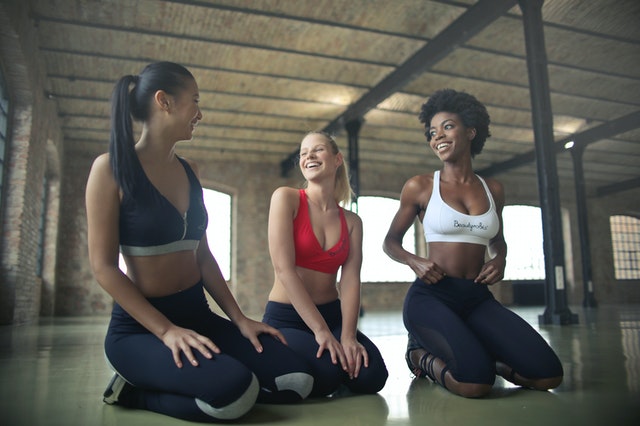The last thing you want is any health issues, right? Well, sometimes, when we’re trying to focus on our health, what we’re actually doing (sometimes) is making it worse. Now, it’s not always the case, of course; it just really depends on the circumstances. For example, if you’re someone who loves to stay active, you might be tempted to brave the cold and keep up with your outdoor workouts on those cold days, right?
Sure, it’s totally normal to exercise outside when it’s warm, but when it’s cold it mind not be great. While yes, it’s true that exercising in chilly weather has its benefits, like a potential boost to your immune system and the invigorating freshness of crisp air, it’s important to be aware of the potential downsides. But what exactly? Well, let’s dive into some of the less talked about challenges of cold-weather workouts.
Potential Tinnitus
So, we’re getting the most surprising one out of the way that a lot of people have no idea about! So, there seems to be a connection between getting tinnitus from cold and dry air that happens in the winter months. Sure, it’s not a surprise to hear that cold weather can make your ears cold, or even a potential earache, but tinnitus? That only happens from loud sounds, right? Well, not entirely. When you’re out in the cold, the blood vessels in your ears constrict to preserve heat, which can reduce blood flow and potentially trigger or worsen tinnitus symptoms.
On top of that, the cold wind rushing past your ears can cause discomfort and even pain. So, if you’re inclined to still go out and exercise in the winter months, then by all means, you’re going to have to start wearing a headband or earmuffs as this can help protect your ears from the cold, but it might not completely eliminate the risk of tinnitus flare-ups. It’s a small but significant downside that can make your winter workout less enjoyable.
Breathing in Cold Air Can Be Harsh
One of the first things you’ll notice when you step outside for a run or a bike ride in the winter is how harsh the cold air can be on your lungs. You get that metallic taste, too, right? Well, breathing in frigid air can cause your airways to constrict, making it harder to take deep breaths and potentially leading to a burning sensation in your throat and chest.
If you have asthma, you especially want to avoid this. The dry air can also dry out your nasal passages, which is uncomfortable and can make you more susceptible to colds and other illnesses.
Slippery Surfaces Mean More Injuries
So, this one is super obvious, but honestly, it still deserves a mention. So, the risk of slipping and falling increases dramatically when surfaces are slick, and the last thing anyone needs is a twisted ankle or a bruised tailbone from an unexpected fall. Plus, the protective instinct to tense up to prevent slipping can lead to muscle strains or pulls. It’s like your body is fighting against the very ground you’re trying to conquer.




